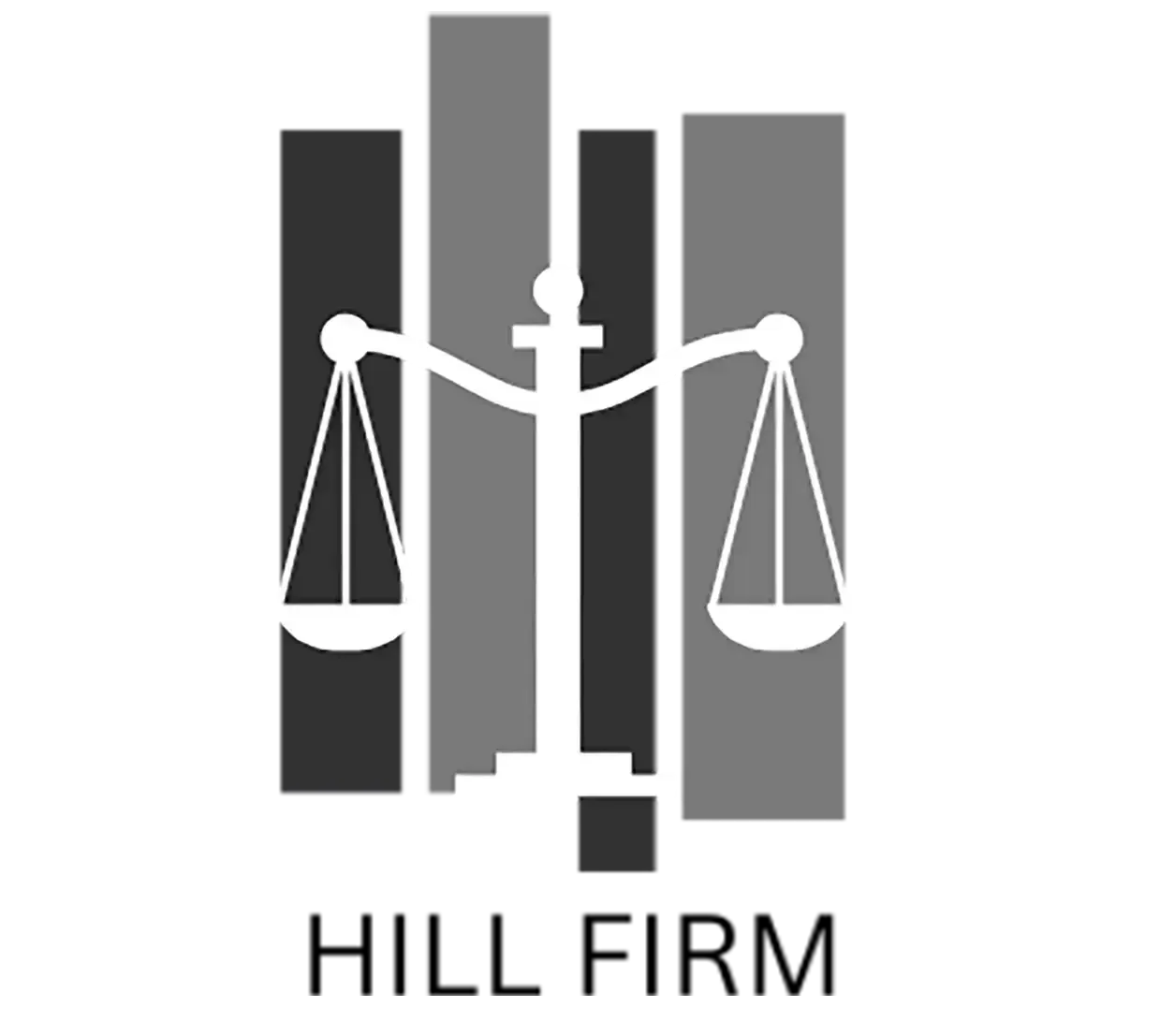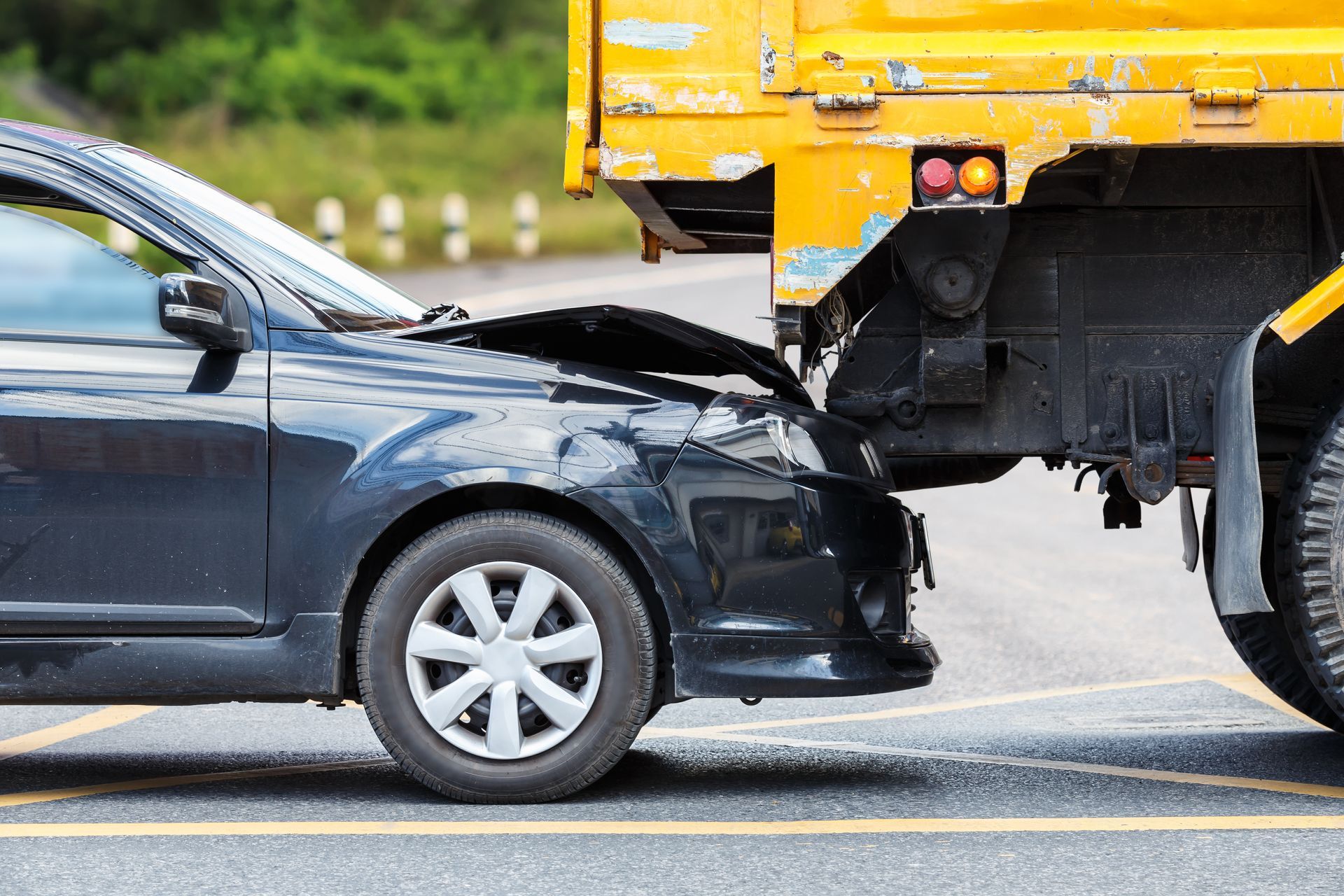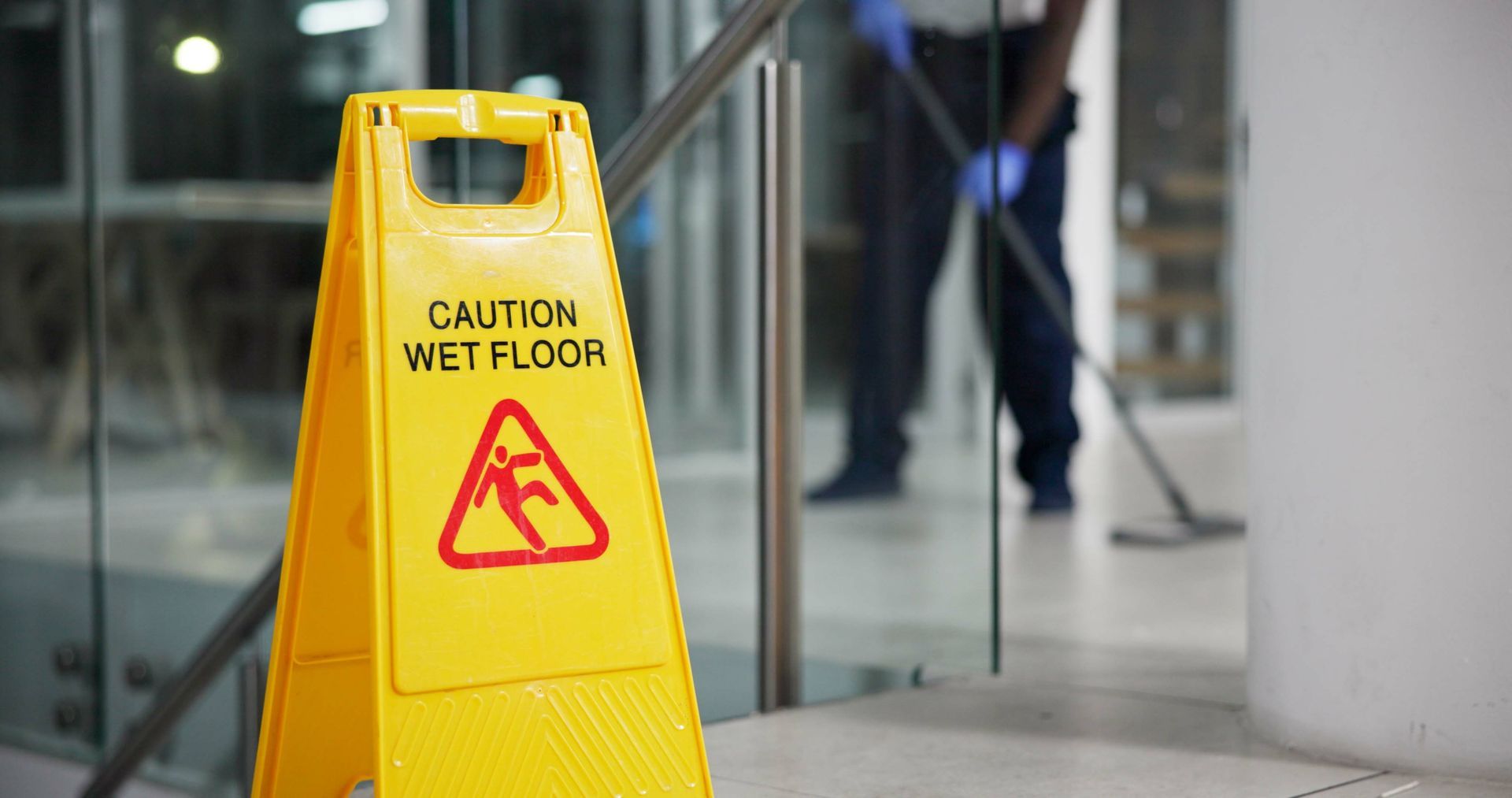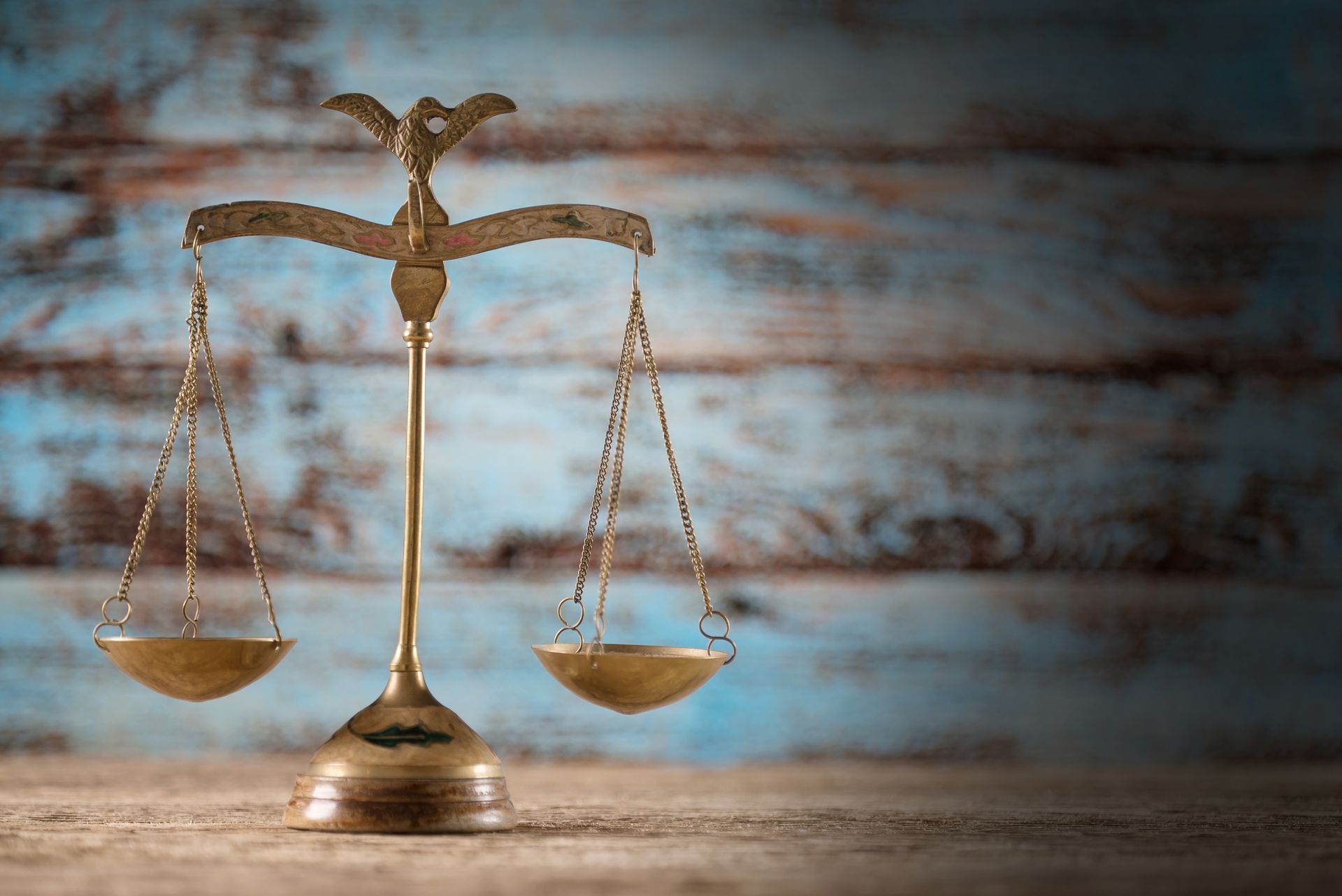Contact Us
Phone: 702-848-5000
Location
2810 W Charleston Blvd.
Suite 75
Las Vegas, NV 89102
Hours
- Mon - Sun
- Open 24 Hours
Schedule a Case Evaluation
Contact us now!
Hablamos Español.
Hours
- Mon - Sun
- Open 24 Hours
Disclaimer: The information on this website is for general information purposes only. Nothing on this site should be taken as legal advice for any individual case or situation. This information is not intended to create, and receipt or viewing does not constitute an attorney-client relationship.
© 2025
All Rights Reserved | Hill Firm | Powered By Convert It Marketing | Privacy Policy
© 2025
All Rights Reserved | Hill Firm | Powered By Convert It Marketing | Privacy Policy
